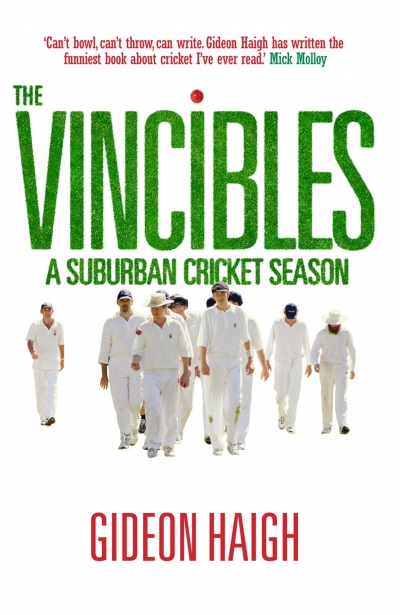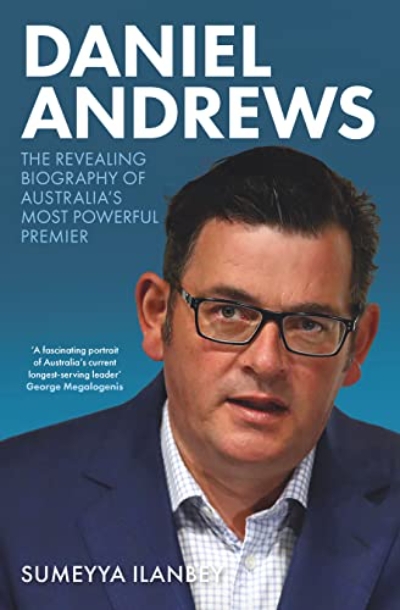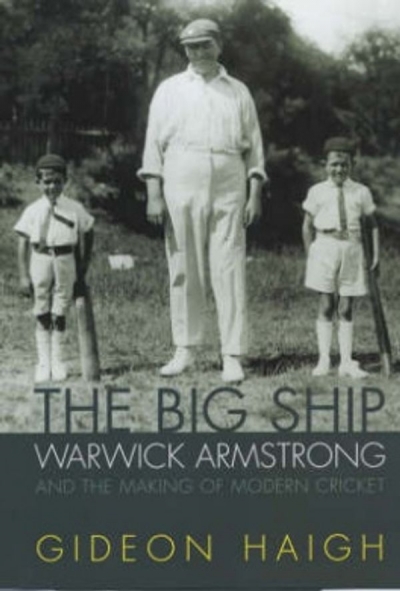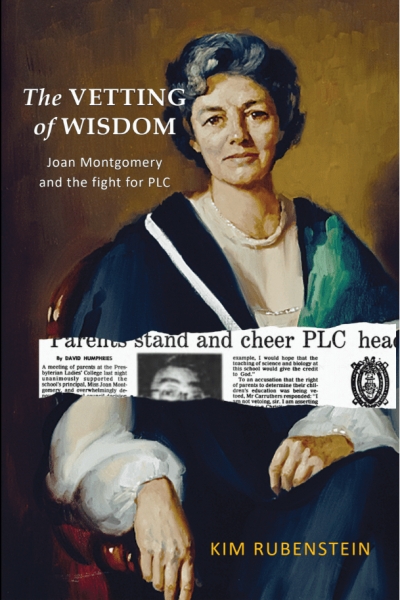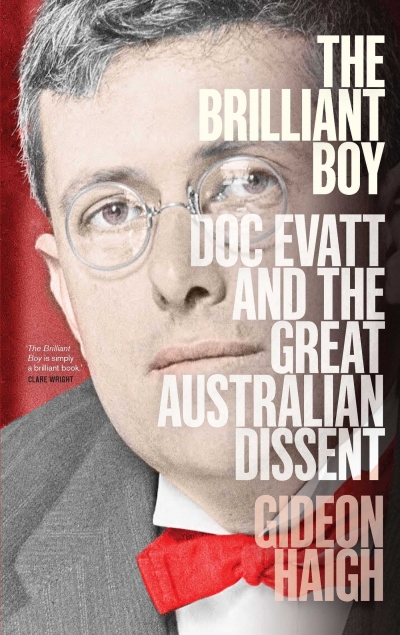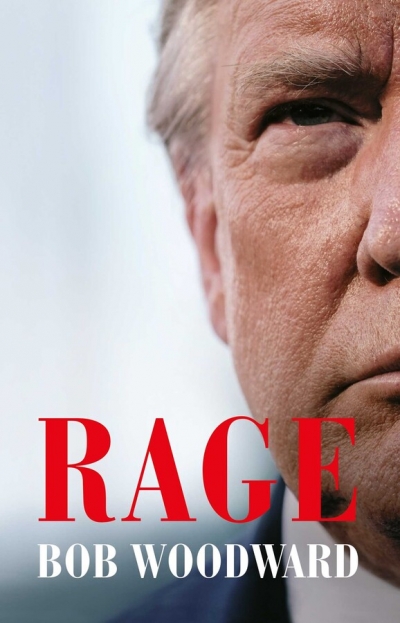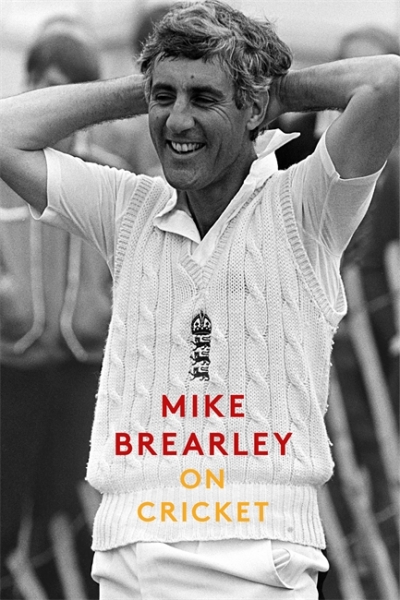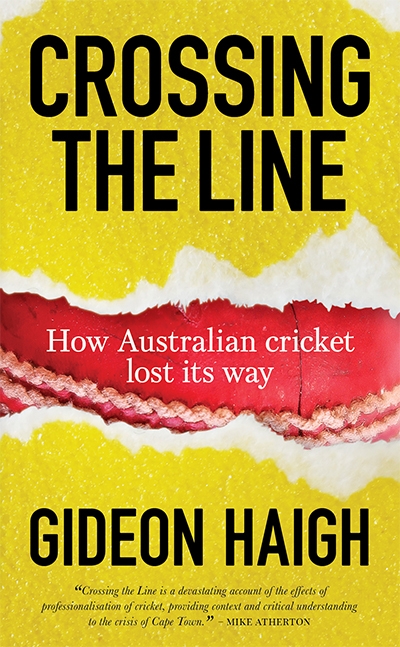Gideon Haigh
The Vincibles by Gideon Haigh & Over and Out edited by John Gascoigne
by Warwick Hadfield •
Daniel Andrews: The revealing biography of Australia’s most powerful premier by Sumeyya Ilanbey
by Gideon Haigh •
The Big Ship: Warwick Armstrong and the making of modern cricket by Gideon Haigh
by Michael Costigan •
The Vetting of Wisdom: Joan Montgomery and the fight for PLC by Kim Rubenstein
by Gideon Haigh •
The Brilliant Boy: Doc Evatt and the great Australian dissent by Gideon Haigh
by Frank Bongiorno •
To celebrate the best books of 2018, Australian Book Review invited nearly forty contributors to nominate their favourite titles. Contributors include Michelle de Kretser
... (read more)When young, I was smitten with the cricket writing of Neville Cardus. I’m bound to say that his sickly sentimentality and special pleading have not aged well.
... (read more)Crossing the Line: How Australian cricket lost its way by Gideon Haigh
by Kieran Pender •

